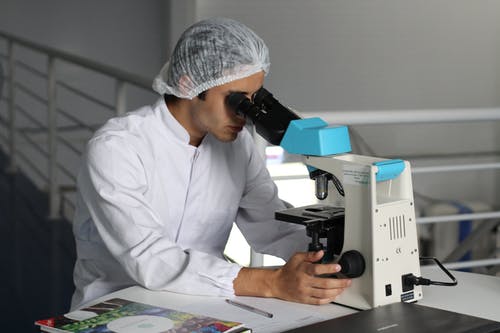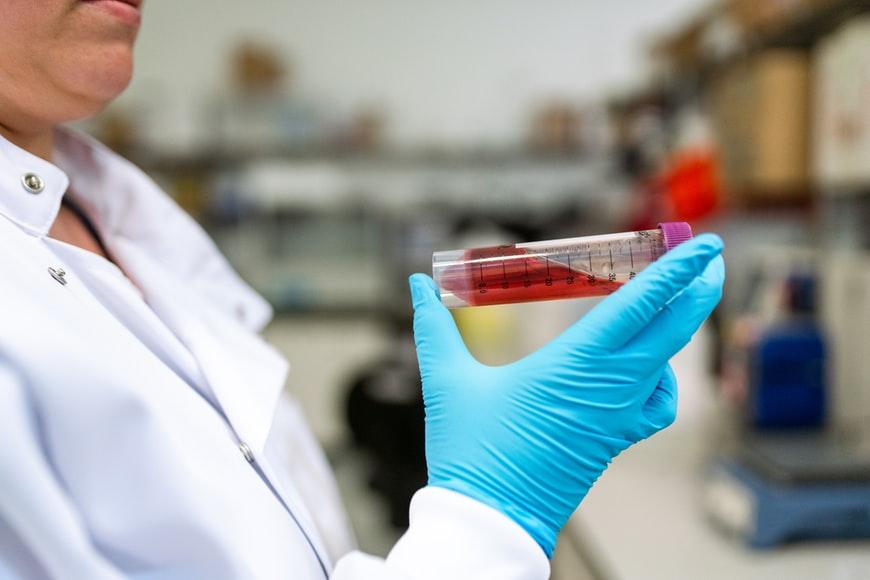Have you heard about robots performing sophisticated brain surgery in 20 minutes that used to take two hours of concentrated effort by surgeons?
If not, then it is possible. Mechanical engineering is making advances into surgical beds.
Biomedical Engineering is a multidisciplinary subject. In biomedical device development, mechanical engineering principles such as forward dynamics, inverse kinematics, fluid mechanics, material characterization tests, thermodynamics, and other failure approaches such as fracture mechanics are widely used. Various mechanical engineering courses are available that provide information about the biomedical field.
All of these advancements are possible because of the advent of medical technology. Students are pursuing graduation and masters in medical technology to transform the medical industry. In this article, let’s explore the role of mechanical engineers in the biomedical field.
Role of Mechanical Engineer in the Biomedical Field

Both mechanical and biomedical engineers devote effort to creating design blueprints for items in their respective fields. Biomedical engineers can focus on a variety of specialization areas, such as medical research or developing methods to diagnose and treat medical conditions.
Mechanical engineers are more concerned with product manufacturing and technical issues, whereas biomedical engineers can focus on a variety of specialization areas, such as medical research or developing methods to diagnose and treat medical conditions.
While mechanical engineers are primarily responsible for developing design plans, testing products, and ensuring that devices are manufactured correctly, biomedical engineers are also responsible for training medical personnel, publishing information about their research and findings, and developing ways to improve medical treatments.
Biomedical engineers may also be involved in the development of medical-related goods. Materials, software, and diagnostic equipment are among the offerings available.
Medical engineers use engineering concepts to study and create medical applications, therapies, and diagnostic technologies for acute and chronic illnesses. Medical engineers work for research institutes, manufacturers, government agencies, and big hospitals.
A medical engineer is a mechanical engineer who has specialized in medical science. Engineers’ roles in medicine might include medical device research, development, testing, and assessment, as well as advising hospitals and medical facilities on new biomedical acquisitions.
Medical engineers can specialize in a variety of fields, including medical equipment, sports medicine, stem cell research, biomarkers, genomics, nanotechnology, and others. Artificial organs and prosthetic limbs, computer-aided surgeries and therapies, informatics, and medical imaging are all examples of medical engineering initiatives.
Medical engineers are often interested in technology, medical equipment, and diagnostics, as well as computer modeling, analysis, physiology, biology, chemistry, and physics. Medical engineers typically undergo a clinical study program as well.
In the biomedical industry, a mechanical engineer is generally in charge of project management and client interaction. They also help with the technical parts of the business, such as finding solutions and managing customer relations.
Conclusion
Biomedical Engineering will bring in more transformation in the coming days. While mechanical engineers are playing a prominent role in this field, there are various other roles that contribute to the development of the medical industry. It will be interesting to watch how new technologies will ease the functioning of the medical industry.
Additional Reading:




























